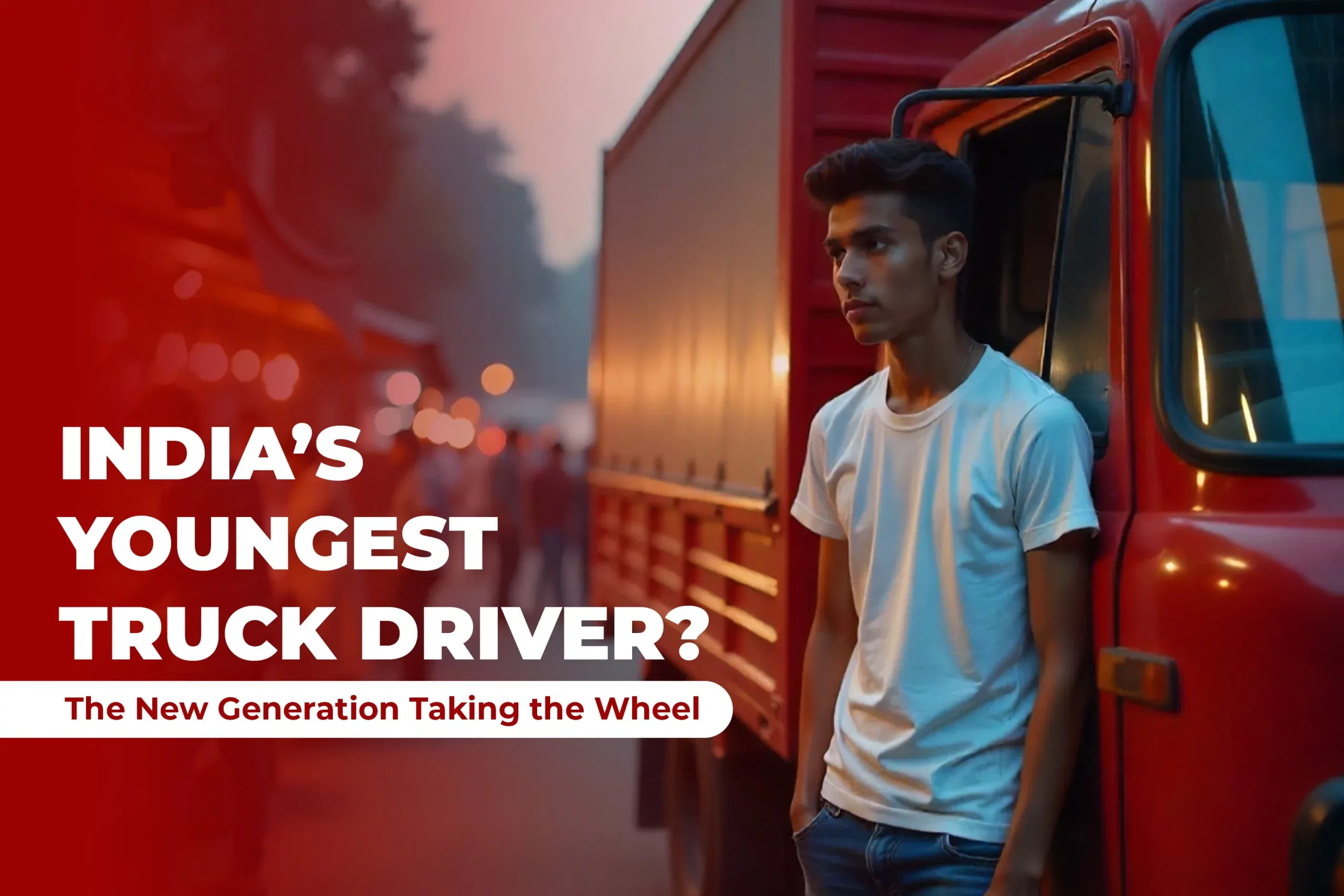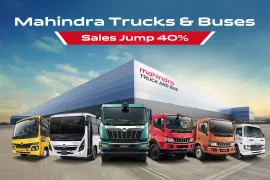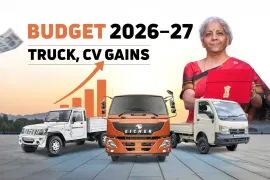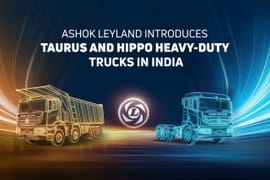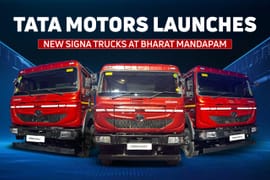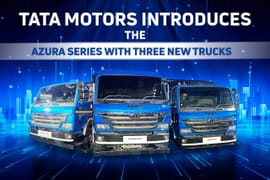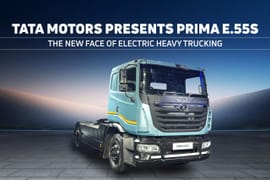In India, truck driving has always been more than just a career. It's a profession that has been long passed down through generations. In a lot of both rural and urban areas, truck driving skills, vehicle expertise and its operational tasks tend to be handed from father to son. Such informal, generational schooling has been a commonsensical and useful model in the transport industry of our country.
Fathers who have spent years driving trucks generally start training their sons early in order to start making them familiar with the vehicle. Exposure begins in the teen years, with sons accompanying local hauls or shorter runs. This eventually becomes hands-on experience with loading, mapping and basic fixes to problems technical or otherwise. By the time they can get a commercial driving license, most have already gained the practical experience that is necessary to drive heavy rigs with ease.
Learning by Doing
Unlike formal driving schools, which often focus more on the theoretical instructions, family-based training emphasizes on-the-job learning. Sons assist with daily operations, observe their father’s driving behavior, techniques and gradually take control of the vehicle under supervision. This method not only builds technical skill but also teaches risk management, vehicle care, and planning time-sensitive deliveries.
To many, the truck ends up becoming second nature long before there's a license in hand. Whether it's learning how to navigate through hilly terrains or figuring out rest stops for cross-country travels, this is information primarily gained through years of shared experiences.
The Truck as a Family Asset
Indian trucks are commonly viewed as family assets for decades. The ownership can and a lot of the times does end up staying within the same family for many decades. Along with the truck, what also passes on are customer relationships, preferred delivery routes, and supplier contacts. Sons coming into the business this way are not beginning from scratch—they are carrying on a proven model with inherited intelligence, experiences and logistical backing.
This tradition also ensures a consistent generation of revenue and lowers onboarding expenses, as the sons are familiar with the procedures, routines, and service levels required in freight operations.
Addressing Driver Shortages
India's freight logistics still remains heavily dependent on road transport and trucks, which contributes to over 70% of the country's goods. The business, however, has an ongoing shortage of skilled drivers. Generational training in this case steps in to ensure drivers are sustained without sole dependence on official institutions.
The father-son passing system also leads to improved retention. Sons are likely to remain in the business because of existing infrastructure, family involvement, and past experience of lifestyle. The model provides operational continuity for most of the small and mid-sized transport operators and particularly in the tier-2 and tier-3 cities.
Carrying Knowledge Forward
This old style of teaching, while not properly governed, is still effective. Sons coming into, taking over and maintaining the business through this mode tend to have fewer skill deficits and minimal training expenditures. They are more flexible to route modifications, cargo types, and customer demands, having seen them over the years.
As the logistics industry develops using fleet technology and compliance systems, the human factor, particularly the expertise passed on within families, remains a safe bet for skill development.
91Trucks is the place to go for all things commercial vehicles. If you need a new or used truck for your business, check it out. We have everything you need, from detailed reviews and exact specs to the best deals that fit your business needs. Stay up to date on the latest news, analysis, and stories from the business.
Follow us on Facebook, Instagram, and LinkedIn, and subscribe to our YouTube channel to get the latest news and videos from experts!
